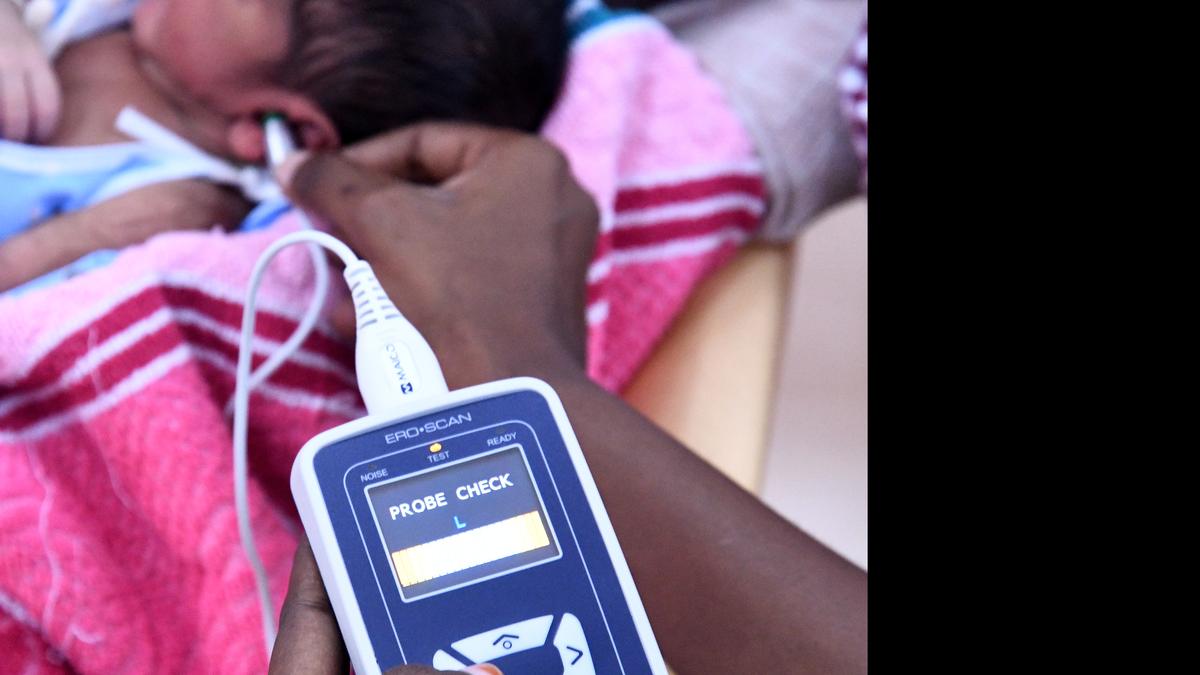Primary Immunodeficiency (PI) disorders pose a substantial, yet frequently under-recognised health concern in India. These genetic conditions impair the immune system, making individuals more vulnerable to recurrent infections and other serious complications. While precise statistics remain elusive due to widespread under-diagnosis and limited data collection, estimates suggest that over one million Indians may be living with some form of PID.
Globally, the World Health Organization (WHO) and studies acknowledge over 430 distinct PI associated disorders, affecting an estimated six million people. Alarmingly, up to 90% of these cases remain undiagnosed. A 2011 nationwide survey documented 1,240 registered PI patients, suggesting a prevalence rate of 2.3 per 100,000 population — an indication of significant under-reporting.
According to experts, in recent years, India has made notable progress in the field of PI care, with improvements in diagnostic capabilities, clinical expertise, and access to treatment. However, several hurdles persist — including low awareness among healthcare providers and the general public, insufficient diagnostic infrastructure, and limited treatment accessibility.
Although there is no dedicated government programme exclusively targeting primary immunodeficiencies, broader initiatives under the National Health Mission (NHM), such as the Universal Immunisation Programme (UIP), contribute significantly to managing the infectious threats that pose greater risks to individuals with PI. Additionally, the National Policy for Rare Diseases (NPRD) offers a financial lifeline by covering the treatment costs of certain rare disorders, including select PIs.
Addressing the burden of primary immunodeficiency
According to Suchitra Sivadas, assistant professor, paediatrics, Department of Clinical Hematology, Amrita Institute of Medical Sciences, Kochi, recognising PI as a critical health issue requiring targeted intervention is the first step toward mitigating associated risks.
Dr. Suchithra explained that PI being a group of inherited conditions caused by immune system defects, they lead to increased susceptibility to recurrent and persistent infections. Diagnosing and managing PI conditions poses challenges, including a general lack of awareness, diverse and often subtle symptoms, frequent delays or misdiagnoses, and limited availability of diagnostic tools typically confined to specialised centers.

PID affects whole body, early detection is key
Logeshwari J., consultant dermatologist, Mazumdar shaw Medical centre, Narayana Health, Bengaluru, emphasised the importance of recognising potential indicators of PI early, especially in dermatological settings, as the skin is one among the first organs where immune deficiencies often manifest.
Frequent ear and sinus infections, recurrent pneumonia episodes within a year, and infections that require extended courses of antibiotics can all point to underlying immunodeficiency. “Children who fail to thrive or gain weight, as well as those experiencing recurrent deep skin infections or abscesses, should also raise red flags”, she said.
Skin-related clues, such as persistent fungal infections, severe eczema, and recurrent oral thrush, can be critical in early PID detection. Also, frequent hospitalisations due to infections and a family history of early deaths or similar symptoms should prompt further investigation. Additionally, a family history of immunodeficiency can serve as a critical clue in identifying at-risk individuals. Recognising these signs early is crucial for timely diagnosis and effective management of primary immunodeficiencies.
Newborn screening – the first step
According to Shobha Badiger, senior consultant, paediatric haemato-oncology and bone marrow transplantation, CAR T cell therapy, Mazumdar Shaw Medical Centre, Narayana Health, Bengaluru, newborn screening using T and B lymphocyte subset analysis — a blood test that identifies and counts various types of lymphocytes (a type of white blood cell) is now available. These lymphocytes, including B cells, CD4+ T cells (helper T cells), CD8+ T cells (cytotoxic T cells), and natural killer (NK) cells, play crucial roles in the immune system.
The test helps assess immune function, diagnose immunodeficiency diseases, and monitor the effectiveness of treatments, such as those for HIV or after transplantation and T-REC analysis — the measurement of T-cell receptor excision circles (TRECs), which are circular DNA fragments released during T cell receptor (TCR) gene rearrangement in the thymus. These TRECs are stable and can be detected in dried blood spots (Guthrie cards), making them a useful marker for assessing thymic function and T cell development, and can detect nearly 80% of PI risks even before symptoms appear.
“If we can screen newborns using these tests, we can catch most cases before the child becomes symptomatic. That makes all the difference in both outcome and cost of treatment,” she said.
She also stressed that families with a history of PI or recurrent unexplained illnesses should be offered prenatal screening as early as the 9th–11th week of pregnancy. “We can do a genetic test on the foetus and counsel the family about the next steps. If the baby is affected, they can either prepare for early treatment or, if they choose to do so, consider termination.”
Another preventive option, pre-implantation genetic diagnosis (PGD) via IVF, allows families at high risk to ensure that a child is born without the disease.
Lack of awareness among the public and healthcare professionals
A critical gap in awareness exists among both the public and medical community regarding PI.
Dr. Shobha highlighted that healthcare professionals may overlook immunodeficiency due to vague symptoms, such as skin and ENT infections. She stressed the importance of detecting potential immune system issues in newborns before routine vaccinations. “Some newborns might be at risk for hidden immune system issues. If they receive certain vaccines, like BCG, before these issues are identified, it can lead to severe complications. Raising awareness about this possibility can help doctors and families make informed decisions and take necessary precautions,” she said.
She also notes that better coordination among departments is crucial in newborn care, particularly when PI specialists are not immediately involved, to prevent situations where vaccines are administered before potential immune issues are identified.
Published – April 19, 2025 12:03 pm IST
